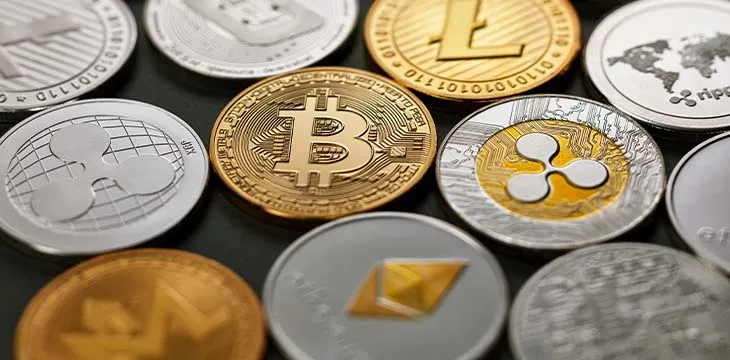|
Getting your Trinity Audio player ready...
|
Late last week (August 4) news broke that several prominent Portuguese banks had shut the accounts of multiple digital currency exchanges.
The Portuguese banks, including Santander, BCP, and several others, cited risk management as the reason for the termination of the accounts, although no specific information was given.
The closures occurred even though the Bank of Portugal had licensed the firms concerned, which included Luso Digital Assets, Mind the Coin, Criptoloja, and others.
Proper regulatory compliance could avoid situations like this
While regulation is somewhat of a bogeyman to many in the digital currency industry, it’s obvious that, should the industry wish to avail of real-world banking services, they’ll have to play by the same rules the banks do.
While nobody wants to see crippling regulations that stifle innovation, it’s also true to say that few would welcome the proceeds of crime, such as funds derived from money laundering, into their nation’s banking systems. Decades of work have been done to squeeze dirty money out of the system in places like the European Union, and it’s not a stretch to say that regulators will stop at nothing to keep it that way.
So, what is to be done? Rather than whining about how they’re “forced to bank outside of Portugal,” it would be more reasonable for digital currency firms concerned to focus on ensuring they don’t pose regulatory risks to their banking partners. Say, for example, by adhering to the same strict AML/KYC rules and refusing to allow a shady stablecoin like Tether onto their exchanges.
While it’s not clear that the exchanges concerned broke any specific AML/KYC rules, it is absolutely clear that the industry at large has been loudly anti-regulation and hostile to outside authority for years, painting Bitcoin as something outside the reach of governments and a threat to their power. Slowly, this narrative is backfiring as regulators worldwide take aim at exchanges like Coinbase (NASDAQ: COIN) and respond to the perceived threats the industry poses.
The market has spoken
What’s interesting about these account closures is that they were not forced by a government regulator, and while there’s no way to know what’s going on in the background, the decision appears to have been made by the banks in their own self-interest.
This is the equivalent of the free market rejecting undesirable products and services. While some in the industry will choose to paint this as banks eliminating their competition, the truth is that digital currencies in their current form are no threat to banks whatsoever. In reality, Bitcoin was never designed to replace banks and banking services. The likes of BTC, ETH, and other popular digital currencies are incapable of posing any threat to payment processing businesses due to the technical limitations of the blockchains they are built on. Just look at how Celsius Networks’ marketing slogan “Unbank Yourself” turned out for a realistic view of how serious a threat “crypto” poses to banks.
So, what’s the real reason for the account closures? It’s likely a combination of genuine worry about falling afoul of Anti Money-Laundering and Know Your Customer regulations and the desire to cut ties with many low-life criminals and those who enable them. It’s really not that complicated—the market (of Portuguese banks) has spoken, and it doesn’t like digital currency exchanges.
The larger story arc is crystal clear
CoinGeek has been saying for years that only regulated, legally compliant blockchains and digital asset businesses will survive the ongoing regulatory onslaught. While this narrative has been rejected by many who were convinced the industry could exist outside of the reach of governments, it’s becoming clear that, just as Dr. Craig Wright and others have warned, there’s ultimately no escaping the long arm of the law. As we see with this story, regulators don’t have to go after digital currency firms directly; they only have to apply slight pressure on banks and other regulated financial institutions, and they’ll take care of the rest.
As the larger picture becomes clearer, we’ll double down and repeat it: in the coming years, regulators will squeeze those who have flouted AML/KYC rules and other regulations to death. Digital currencies like Monero will likely be outlawed in large parts of the world, exchanges like Binance will be chased out of every jurisdiction, and ever-greater numbers of exchanges and trading platforms will be fined, closed down, or just squeezed until they tap out.
Those looking to build long-term, sustainable businesses and applications that deliver value globally for decades should consider their options carefully. Bitcoin SV is waiting with open arms.
Watch: The BSV Global Blockchain Convention panel, The Future of Digital Asset Exchanges & Investment
https://www.youtube.com/watch?v=AsD1na3VgxE

 07-14-2025
07-14-2025 





